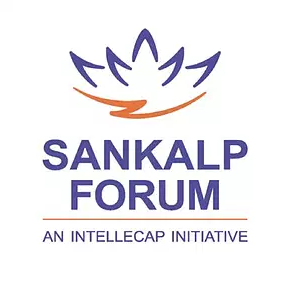In a remote village of Gujarat, when Babubhai, 17, invented a contraption to ward off pests using local material; he wanted to share the invention with other farmers in all the villages of India so that they could benefit too.
Awaaz De, which literally means “give voice,” caters to people like Babubhai who want to be heard but are not connected enough to do so. Avaaj Otalo (meaning “voice stoop”), Awaaz De’s first application in the domain of voice-based technology, helps farmers and agricultural organizations in Gujarat to disseminate and receive information over mobile phones through the medium of voice.
However, Awaaz De is not just limited to the field of agriculture. It has applications in the areas of education, women empowerment, labor welfare, healthcare etc. “Awaaz De aims to bridge the communication gap in the development sector broadly,” Neil Patel, 30, co-founder of Awaaz De, says. While Awaaz De is used by educational organizations, for instance, to inform students’ illiterate parents about parent-teacher meetings or by labor-welfare organizations in Bihar to spread awareness about National Rural Employment Guarantee Act (NREGA); it is also used in some unconventional ways. A poet records his poetry, adding some background music, and uploads it to Awaaz De to share it with his fans across India and to get their feedback through the same medium. During the Gujarat elections, Awaaz De was used to give real-time update on results.


